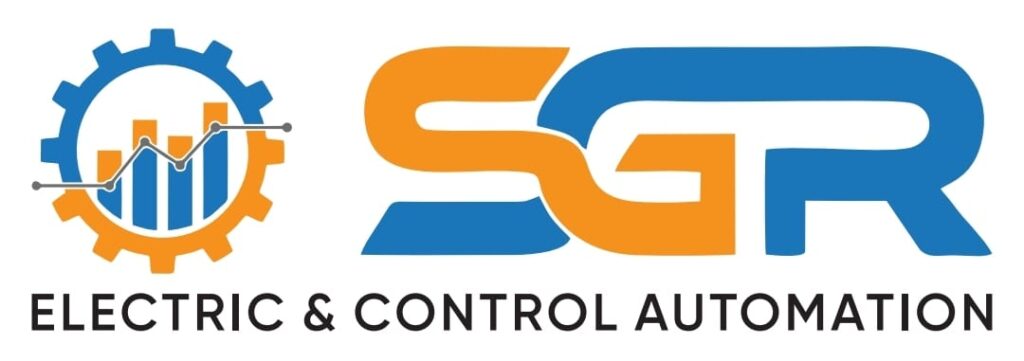Automobile Industry
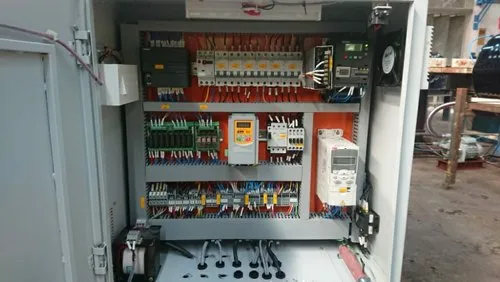
Special Purpose Machine
Special Purpose Machines are custom-engineered systems built to perform specific, predefined tasks in manufacturing and automation environments. Unlike standard machines, SPMs are tailored to meet unique production needs, offering high precision, speed, and efficiency for specialized operations. They are widely used where conventional equipment falls short—minimizing manual intervention, streamlining workflows, and significantly boosting productivity.
At the core of SPM functionality are Electrical Control Panels, which serve as the control center for managing the machine’s electrical operations. These panels house critical components such as circuit breakers, relays, sensors, and programmable logic controllers (PLCs), enabling precise control, safety, and efficient power management. With integrated automation and monitoring technologies, control panels ensure the SPM runs reliably, reduces downtime, and delivers consistent, high-quality output.
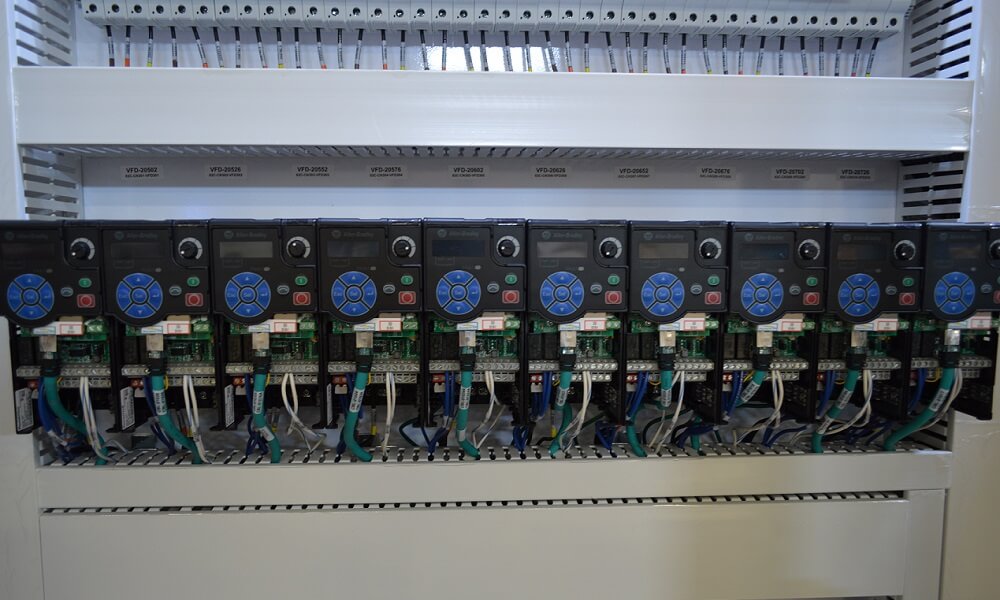
Conveyor System
In modern manufacturing and logistics, efficient material handling is essential—and Conveyor System Electrical Control Panels are key to ensuring smooth, automated conveyor operations. These panels manage critical functions such as start/stop control, speed regulation, and safety monitoring by integrating components like contactors, relays, and programmable logic controllers (PLCs). By automating these processes, they enhance operational efficiency, reduce manual intervention, and help prevent accidents.
Designed for ease of use, these control panels often include intuitive interfaces with real-time displays, status indicators, and diagnostic tools. This enables operators to monitor performance and quickly address issues, minimizing downtime. As technology progresses, conveyor control panels increasingly feature remote access, IoT integration, and smart diagnostics—offering greater control, efficiency, and adaptability in today’s fast-paced industrial environments.
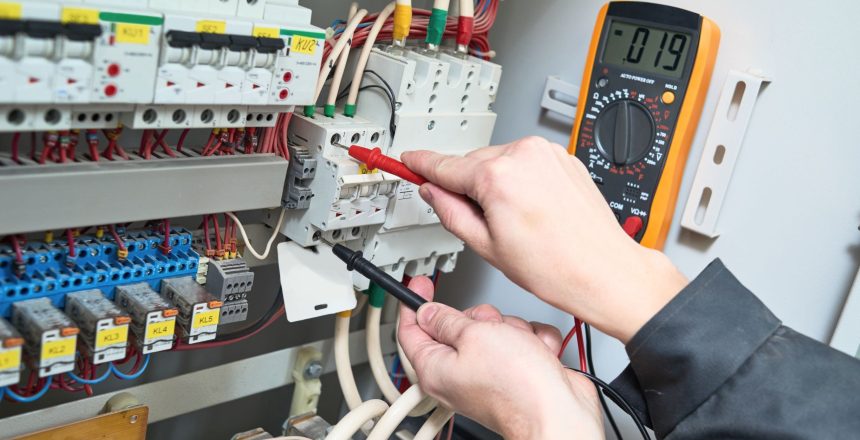
Measuring equipment
Measuring equipment plays a vital role across industries by ensuring precision and consistency in production, testing, and research. From basic tools like rulers and calipers to advanced systems such as laser measurers and coordinate measuring machines (CMMs), these instruments are essential for quality control and compliance with industry standards.
Beyond mechanical tools, the category includes sophisticated electronic devices like micrometers, flow meters, and pressure gauges—many of which offer digital displays and data logging capabilities. Modern measuring equipment often supports connectivity and integration with automated systems, enhancing accuracy, traceability, and operational efficiency in industrial environments.
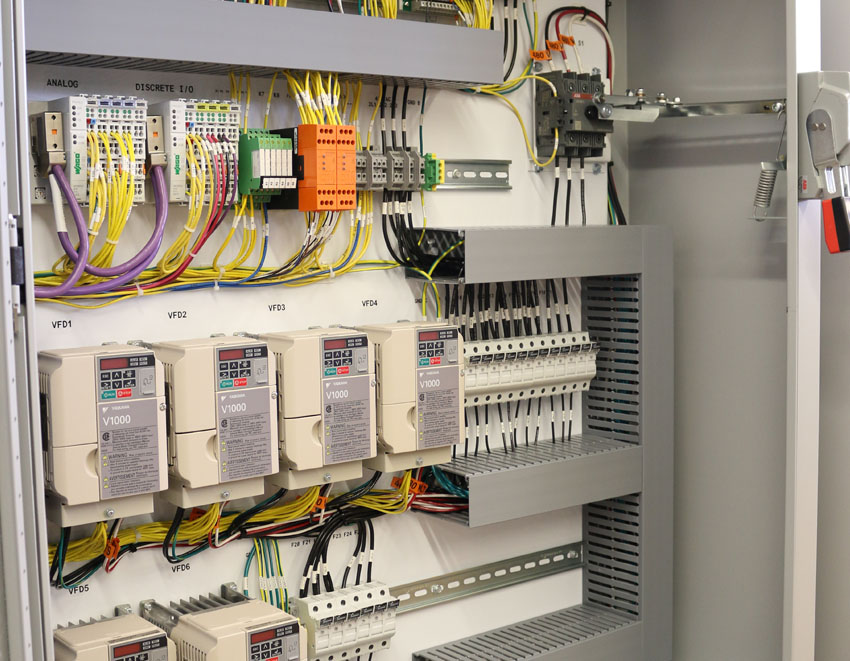
Robotics
Robotics Electrical Control Panels are vital to modern automation, serving as the command centers for robotic systems. They manage the power, control, and communication between components like motors, sensors, and controllers, enabling robots to perform complex tasks with speed and precision. By reducing manual intervention, these panels contribute to higher productivity, greater accuracy, and improved workplace safety.
Designed for ease of use, these panels often include user-friendly interfaces, allowing operators to monitor, adjust, and troubleshoot robotic operations in real time. Many feature programmable logic controllers (PLCs), touchscreens, and advanced diagnostics for flexible control and system optimization. As robotics continues to evolve, control panels will remain essential in ensuring seamless, efficient integration of automation across various industries.
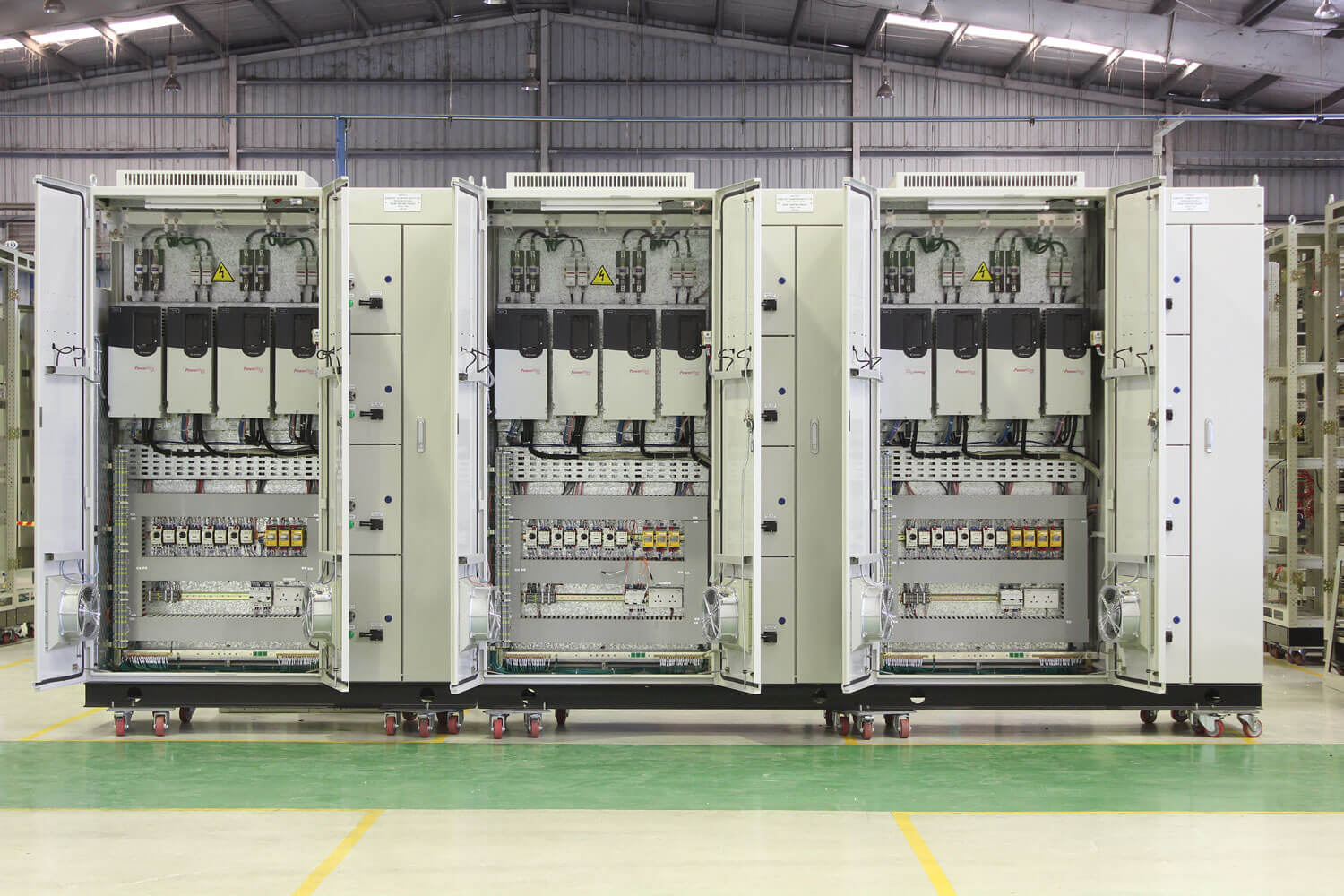
SCADA And Data Management System
SCADA and Data Management Systems are essential for monitoring and controlling industrial operations. These systems integrate hardware and software to gather real-time data from sensors and equipment, giving operators a centralized view of system performance. This enables faster decision-making, improves efficiency, and enhances safety across industrial environments.
Beyond real-time control, SCADA systems also store historical data for analysis and reporting. This allows organizations to identify trends, detect potential issues early, and optimize processes over time. Modern SCADA systems often feature remote access, alarm notifications, and intuitive visualization tools, making them powerful assets in the era of digital transformation. As industries advance, SCADA systems will continue to be key to effective data management and operational excellence.

LED Andon Display and help call system
LED, Andon Display, and Help Call Systems are key tools in modern manufacturing and service operations, designed to enhance real-time communication and workflow efficiency. These systems provide clear visual alerts on production status, performance metrics, or equipment issues, allowing teams to respond quickly and reduce downtime.
In addition to status displays, integrated Help Call features allow operators to request immediate assistance, fostering fast problem resolution and stronger team coordination. By combining visual management with support alerts, these systems promote proactive responses, improve safety, and boost overall productivity on the shop floor.
Automobile Industry
How can we help you?
We’re just a message away—reach out for more information!
